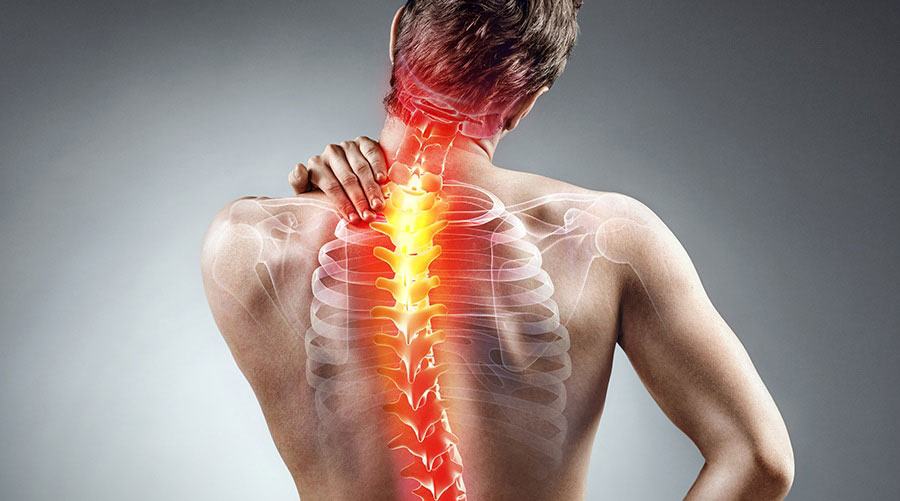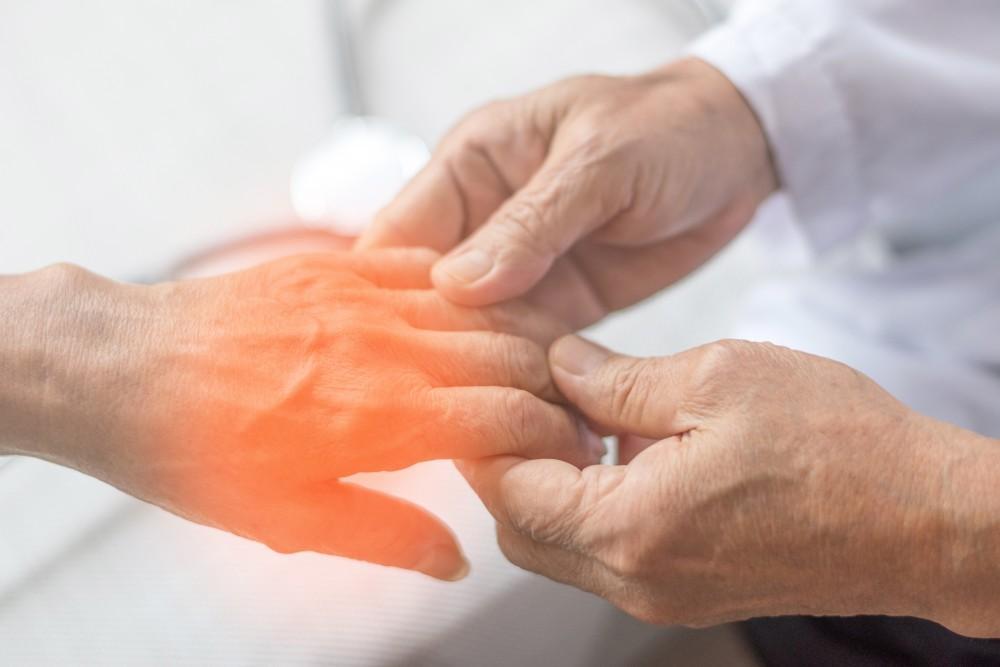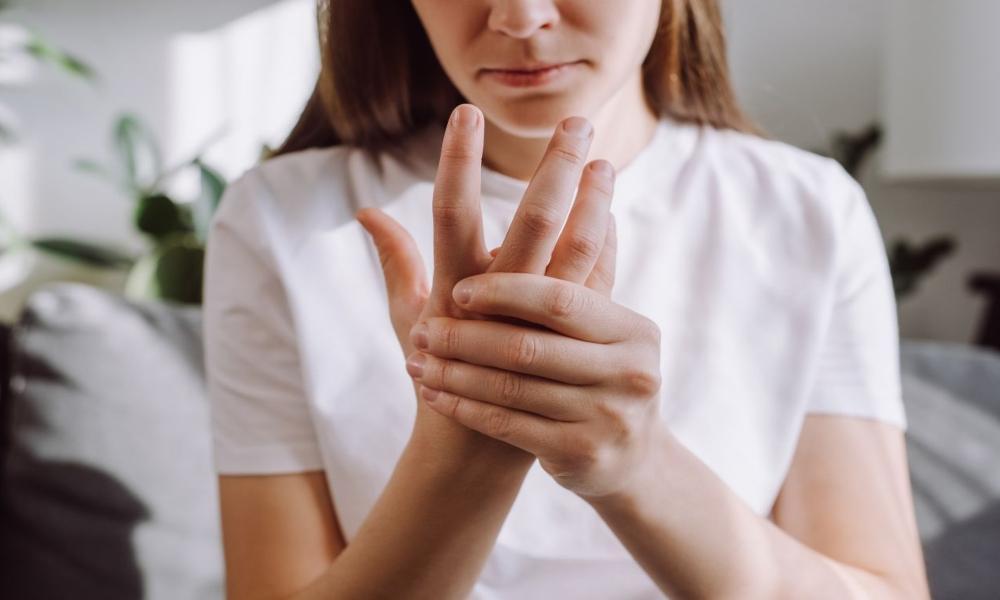The fast-paced lifestyle in the U.S. often leaves little room to slow down and listen to our bodies. With busy schedules and constant distractions, it’s easy to dismiss subtle sensations as minor annoyances. But these seemingly insignificant signals, from tingling fingers to muscle twitches or slight dizziness, can sometimes be your body’s way of alerting you to underlying health issues. Paying attention to these sensations and understanding their meanings can help you take action before small problems grow into major concerns.
Here’s how subtle body sensations can reveal important clues about your health and what to do if they persist.
What Subtle Sensations May Be Telling You
Body sensations are often your nervous system’s reaction to physical or emotional stressors, but they may also hint at more serious underlying conditions.
Below are some common sensations and what they can mean.
Tingling or Numbness
The “pins-and-needles” feeling is something most people experience from sitting in one position for too long, but consistent tingling or numbness isn’t normal.
Possible Implications:
- Nerve Compression: Conditions like carpal tunnel syndrome or sciatica can cause tingling in specific areas, such as the hands, wrists, or legs.
- Diabetes: Tingling in the feet or hands may be an early sign of diabetic neuropathy, which results from nerve damage due to elevated blood sugar.
- Vitamin Deficiency: Lack of essential vitamins like B12 can disrupt nerve function and lead to persistent tingling.
If the sensation lingers or occurs frequently, it’s important to seek medical advice to identify the root cause.
Muscle Twitches
Occasional twitches in the eyelid or a leg muscle might not warrant concern, but frequent or widespread involuntary muscle movements could be signaling something deeper.
Possible Implications:
- Electrolyte Imbalance: Low levels of magnesium, potassium, or calcium can trigger muscle spasms or twitches.
- Dehydration: Fluids help muscles function properly, and dehydration can cause them to misfire.
- Stress or Fatigue: High stress levels may amplify nerve sensitivities, leading to random muscle twitches.
While hydration or a nutrient-packed diet often resolves these issues, recurrent spasms should be monitored.
Lightheadedness or Dizziness
A brief spell of dizziness after standing up too quickly might be harmless, but regular episodes of lightheadedness are worth paying attention to.
Possible Implications:
- Low Blood Pressure: A sudden drop in blood pressure may affect blood flow to the brain, causing dizziness.
- Anemia: Low iron levels can reduce oxygen supply to tissues, making you feel faint or disoriented.
- Inner Ear Issues: Vertigo or balance-related symptoms often originate from the vestibular system in the inner ear.
If dizziness increases or starts interfering with your day-to-day life, it’s crucial to consult with a doctor.
Cold Extremities
If your fingers or toes often feel icy, even in warmer environments, this may indicate poor circulation.
Possible Implications:
- Raynaud’s Disease: This condition affects blood vessels in the extremities, causing them to constrict and restrict blood flow.
- Circulatory Problems: Reduced blood flow, potentially linked to blockages or heart-related issues, may make extremities feel persistently cold.
- Thyroid Dysfunction: An underactive thyroid (hypothyroidism) can slow your metabolism, affecting circulation.
Improving circulation with moderate exercise and warmth may help, but persistent symptoms require medical evaluation.
Conclusion
Your body’s sensations are like whispers trying to get your attention before they escalate into shouts. While most subtle changes may stem from benign causes, consistent or unusual sensations can offer valuable insights into your health. By taking the time to notice and address these signals, you can make proactive decisions to support long-term well-being. Listening to your body is the first step toward better health.




